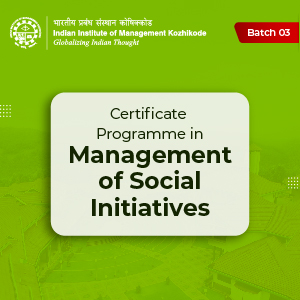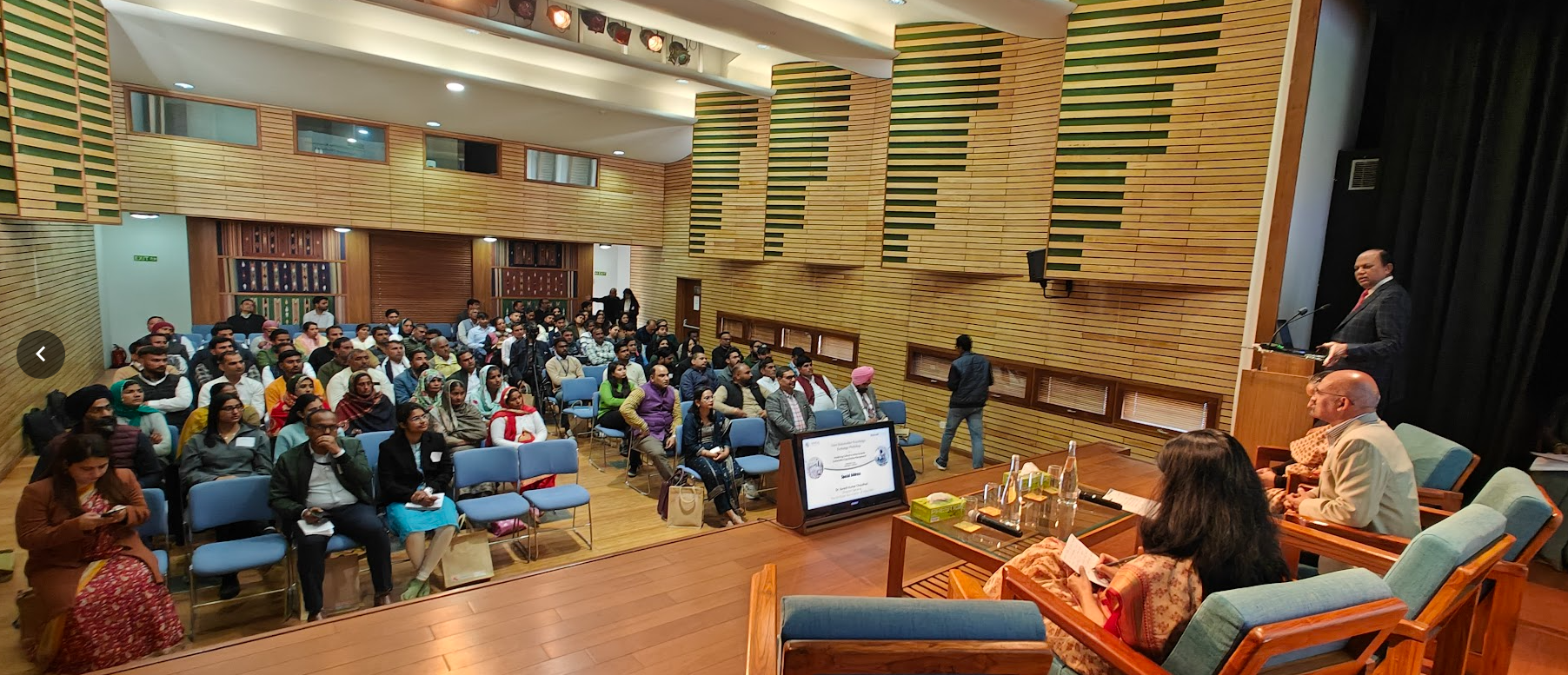Subscribe our Weekly Newsletter
Call for Papers | Journal of International Marketing: Digital Platforms and Ecosystems in International Marketing

Organization Name: American Marketing Association
Apply By: 01 Mar 2025
Location:
Presentation Date: 01 Jan. 1970 - 01 Jan. 1970
About the Organization
In 1953, Neil Borden transformed the business world when he articulated the strategy of “Marketing Mix” in his AMA presidential address. Borden was just one of many AMA leaders who were not satisfied with existing best practices. These thought leaders sought answers for the future that would propel business growth and elevate the role of marketing.
Today, the AMA leads an unparalleled discussion on marketing excellence. Continuing in the tradition of Borden and so many others, the AMA offers differentiated content that focuses on the tension between Best Versus Next Practices™.
About the Conference
The business world has witnessed the emergence of new digital technologies and business models in the past two decades. For example, the rise of digital platform business models in retail and IT services has disrupted traditional models, making firms reconsider their business strategies and creating new opportunities for marketers to create value for buyers and other stakeholders (Perren and Kozinets 2018). Digital platforms intermediate between sellers, buyers, and other stakeholders via digital architecture often manifested as mobile and web applications (e.g., sharing economy platforms; Kozlenkova et al. 2021). The platform firm decides on the extent of governance accountability it will take in the entire value-creation process. Ecosystems, of which platforms can be a part, are networks of independent but interdependent actors participating in an industry’s or economic sector’s value chain (Nambisan, Zahra, and Luo 2019). Both platforms and ecosystems create value via direct and indirect network externalities (Kumar, Nim, and Agarwal 2021; Sridhar, Mantrala, Naik, Thorson 2011; ), with value cocreation at the core of actors’ business models and strategies.
In today’s Internet Age, digital platforms have no geographic borders. Platform business models are becoming a go-to strategy for international firms across the globe. For example, retailers are increasingly considering the platformization of their brands to add more value to their core offerings (Wichmann, Wiegand, and Reinartz 2022). With the help of digital technologies, it has become easier to expand into multiple markets simultaneously without diluting the supply chain advantages and brand positioning. Consider the low-cost e-commerce firm Temu from China, operating in more than 50 global markets and developing a strong ecosystem after launching in 2022. Temu consumers get access to various global sellers, making the domestic and international markets more competitive (Deighton 2023).
At the same time, marketers with new ways to create and capture value get access to an expanded target market. For example, as an entertainment platform, Netflix has launched different product and subscription pricing strategies in markets like India to compete with Disney, Amazon, and Reliance (Sull and Turconi 2021). Crowdfunding platforms like Kickstarter connect project creators and backers across the globe. Social media platforms have further amplified the reach of such retail and commerce platforms across both business and consumer markets (Gao et al. 2018). Thus, digital platforms and ecosystems can be considered a contemporary approach to internationalization and thereby are of great interest to marketing managers, policy makers, and regulators in both developed and emerging markets (Hewett et al. 2022).
However, research and knowledge of the dynamics of digital platforms and ecosystems in international marketing is still rather limited. A deeper understanding of how digital platforms can be utilized in the global marketing efforts of businesses is needed. Understanding digital platforms utilized across markets for sustainability, water conservation, health care, and other pressing issues and from the perspectives of NGOs and governments is urgently needed (Falcke, Zobel, and Comello 2024).
The purpose of this special issue, therefore, is to significantly advance research investigating the role of platforms and ecosystem business models across various facets of international marketing. Of special interest are papers focusing on the evolution and formation of digital platform-based global marketing strategies and business models, providing concepts, frameworks, theories, and empirical insights helpful for customers, firms, regulators, policy makers, and governments.
How to Apply
All manuscripts will be reviewed as a cohort for this special issue of the Journal of International Marketing. Manuscripts must be submitted between March 1, 2025 and May 30, 2025. All submissions will go through Journal of International Marketing’s double-anonymized review and follow standard norms and processes. Submissions must be made via the journal’s ScholarOne site, with author guidelines available here. For any queries, feel free to reach out to the special issue editors.
For more information please check the Link
Latest Online Store
Latest Tenders And EOIs
Latest News
© Renalysis Consultants Pvt Ltd















.png)










